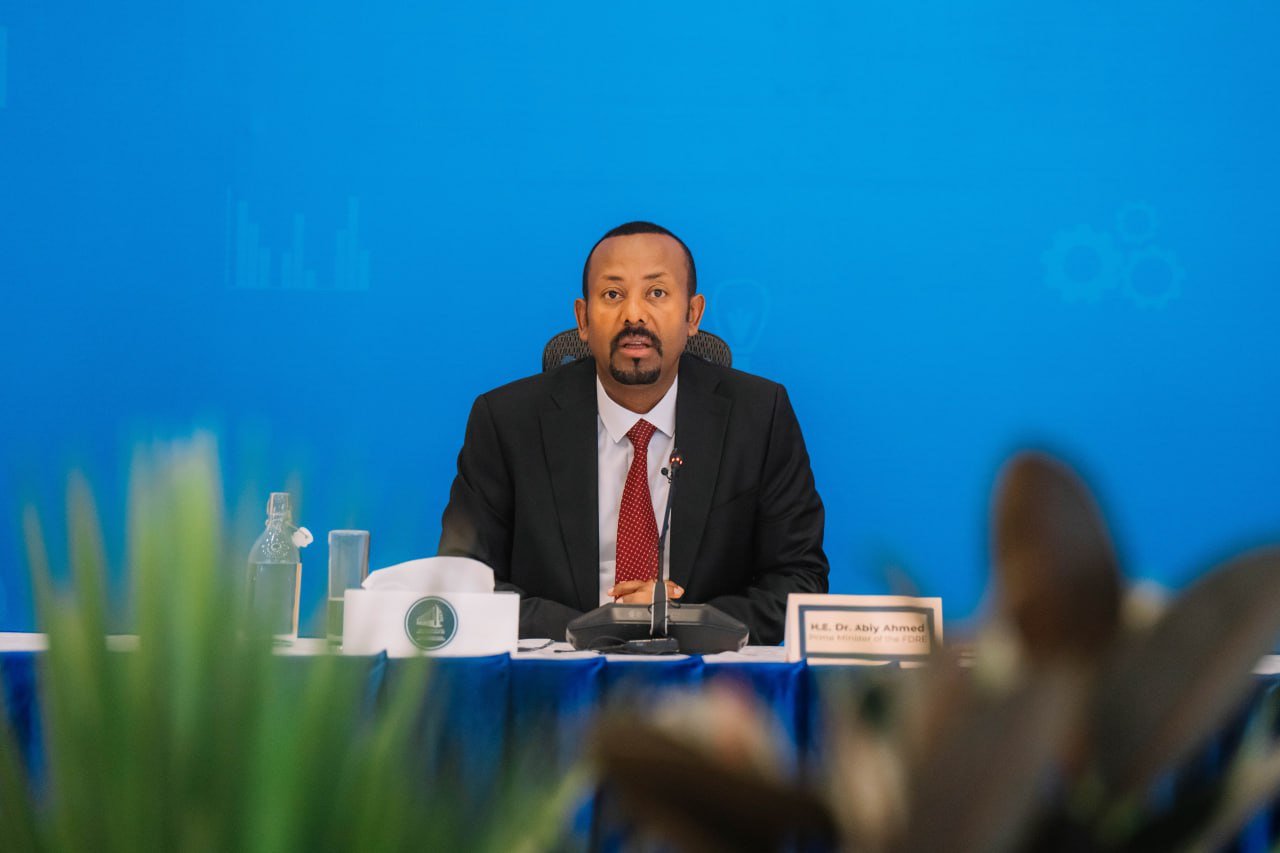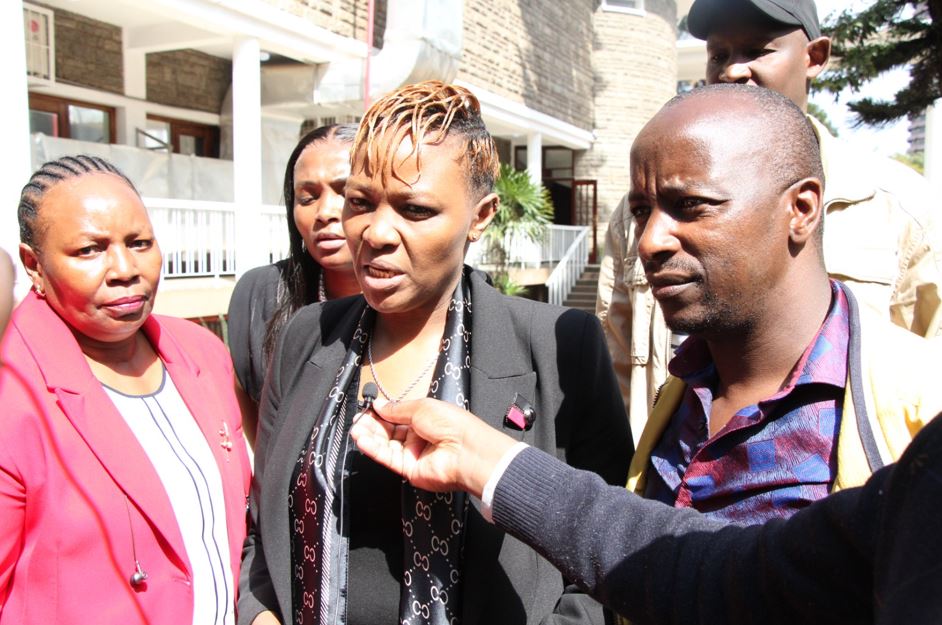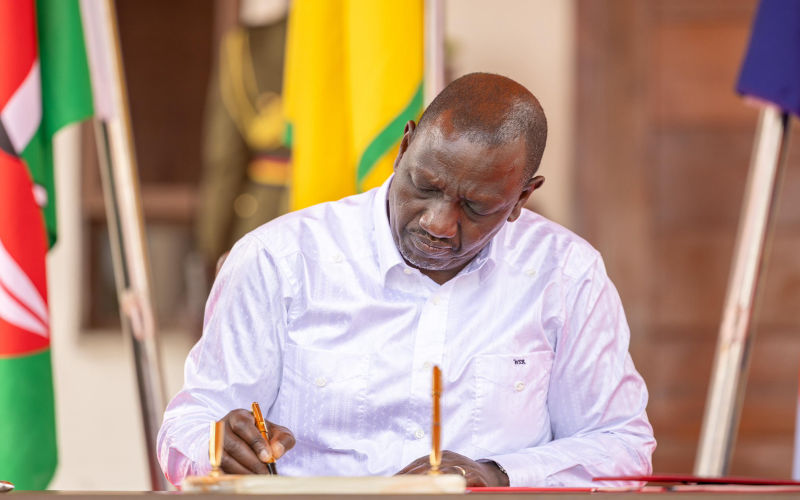Ethiopia begins registration of 7.4 million learners amid education crisis

In Amhara, over 4.4 million children did not attend school in the 2024/25 academic year. Although the bureau aimed to register seven million students in the period, just 2.8 million actually enrolled.
Ethiopia has opened registration for the 2025/2026 academic year as millions of children across the country remain out of school due to ongoing conflict, insecurity and natural disasters.
The Amhara Regional State Education Bureau is now seeking to enrol 7.4 million students to address the massive educational gaps caused by conflict and insecurity.
United Nations Children's Fund (UNICEF) data shows that more than nine million Ethiopian children missed school in 2024, with over 6,000 schools closed and 10,000 destroyed owing to insecurity.
More To Read
- WFP aid convoy attacked in Sudan's North Darfur, food relief trucks torched
- It’s time to end physical punishment of kids once and for all, WHO says
- Nearly 50,000 people at risk, over 9,000 livestock perish as drought worsens in Tigray
- Extrajudicial killings, torture, mass detentions: US 2024 report paints grim picture on Ethiopia’s record
- 17 areas of Sudan "at risk of famine": UN spokesman
- Cholera kills 40 in Sudan’s worst outbreak in years
In Amhara, over 4.4 million children did not attend school in the 2024/25 academic year. Although the bureau aimed to register seven million students in the period, just 2.8 million actually enrolled.
According to Head of the Amhara Regional State Education Bureau Mulunesh Dessie, the registration exercise, which commenced on Monday, targets 7,445,545 learners and will run until September 5, with classes scheduled to start on September 16.
"Due to the current instability in the region, 2.5 million students were out of school in the 2023/2024 academic year. In 2024/2025, over 4.1 million students who should have been registered were out of school. This number is larger than the population of many African countries," Munesh said, according to The Addis Standard.
"Floods, droughts, the northern war, and the current state of instability have severely challenged the region's education system."
Mulunesh also warned that children out of school face heightened risks of forced labour, early marriage, migration, substance abuse, and mental health issues, adding that teachers and school staff have also been targeted by violence.
Officials warn that prolonged disruptions could create a generational gap, leaving the region without enough graduates in the next decade.
"Millions of students have been away from school. In the next 14 or 15 years, there may not be enough graduates from universities in this region," Getachew Biyazn, another Bureau official, added.
To address the crisis, the government has trained over 34,000 teachers and school leaders and plans to invest more than 112 billion birr (Sh101 billion) in rebuilding damaged schools, including more than 400 in the East Gojjam Zone.
Top Stories Today














































